On May 23rd, criminal defense lawyer and Chris Watts YouTuber Scott Reisch posted a video about Nichol Kessinger. I was in the Netherlands at the time, and not paying the usual amount of attention to the Watts case [or Crime Rocket for that matter]. But this particular video did blip on my radar, sufficiently so that I passed it along to another Watts case follower via WhatsApp.

The video has since been completely removed from YouTube.
I’m not surprised. In the video, Reisch [I can never remember how to spell his name] records himself in his vehicle doing a little undercover detective work. If I recall correctly Reisch – sporting dark glasses – also flashes briefly to the brand of his vehicle on the steering consol. I won’t repeat the brand here, but it’s not a VW beetle, let’s put it that way.
While driving he suggests he has the address of Kessinger and is simply going to see – firsthand – whether she’s home, whether she answers the door and what she has to say.
Reisch records himself knocking on a door, and soon after, driving away. The apartment complex can be imputed from the rear view behind Reisch as he drives slowly away.
Now it’s possible Reisch himself subsequently removed the video from YouTube. It’s also possible that Kessinger’s legal machinery kicked in because of a perceived violation of her privacy. Whether or not Kessinger is under witness protection, and whether or not she lodged an objection to the video, the video did feel like it crossed an invisible ethical boundary. That was my perception. Irrespective of Kessinger’s role in the Watts case, she has every right to want to protect her privacy.
When I covered the Van Breda case, I praised a tabloid reporter who had snuck into a complex and done the same thing Reisch did, except someone [I won’t say who] opened the door, saw it was a reporter and slammed the door. The reporter then wrote an article not only identifying the complex but providing a glimpse of who and what she saw when the door opened, and even what she smelled – if you can believe that. Someone related to the Van Breda case later contacted me [I won’t say who] and complained about me praising the mischief of the tabloid reporter.
I explained that as a journalist, I have respect for those who go the extra mile as it were. On a recent trip through Europe I jumped off the train platform to take a photo at track level of some poppies while a train was slowly approaching [and while a station policeman was hollering at me].
So that’s really what I’m getting at. When a journalist exercises the courage of his convictions it resonates with me, because I know how much it has cost me.
At the same time, speaking to this person directly, I felt ashamed. I could see how such behavior [the tabloid journo spiel] was a total violation of privacy. In true crime there is a sort of consensus that everyone involved is fair game. While that is true to an extent in terms of investigating the situation, it doesn’t mean there are no boundaries whatsoever. It’s not a case that the innocent have total rights and that the guilty [and those related to them] have no rights.
Personally I was surprised by Reisch’s video before it was taken down. Going to the premises and finding someone not there is hardly content. It’s what journalists and editors call a “non-story”. Although Reisch never gave the details of the address, he did seem to hint that it was in Colorado and near to where someone he knew [I won’t repeat specifically who] was based. This potentially opened the door for others to figure out the address and possibly harass Kessinger.

There have been many lines crossed in the Watts case, none more so than the line crossed by Watts himself. Kessinger also crossed a line, but infidelity is hardly a face melting misdemeanor. It’s not classified as a crime, although certain legal and financial obligations can follow as a result. The point is it’s not behaviour exclusive to or monopolized by Kessinger, in fact it’s disturbingly common. When we talk about rights to privacy, and the way Facebook penetrates into the home, and onto a spouses’ phone for example, we can see how Facebook can ruin marriages. Ironically, Facebook seemed to play little role in the machinery or chicanery of the Watts case, certainly at face value.

What Watts did plunged many into a nightmare, including Watts himself. He soon saw his own privacy literally evaporate, and found himself completely out of his depth in trying to deal with it. But as troubling as Watts is a character [a man doomed by his own weaknesses and failures] what’s even more troubling is the Watts spiel as a whole. When we start to see the whole theater and all the players, something doesn’t sit well with us.

While I was in Europe, Anadarko started sewing up major merger talks with Occidental. The Chris Watts case had simmered down just in time for billion dollar deal-making. Was that accidental? Coincidence? Or is this whole strange, suffocated legal procedure – the hushed, rushed plea deal – part of much larger shenanigans?
The Watts murders, diabolical as they are, is it simply the tip of an enormous glistening black asteroid, invisible and unseen, but nevertheless hurtling towards us?
I find the social-cultural aspect of true crime interesting, because as tempting as it is to believe, Watts didn’t emerge in a vacuum. He also didn’t cross those ethical lines when he committed this crime, in a vacuum.
When we explore these ideas, they invariably reflect back at us, and our approach to ethics, often in areas we know about but don’t particularly care about. Like privacy. Like industry, and the approach of corporates to the protection of information and their casual if not reckless attitudes to society and ethics.
Although we don’t particularly care about these aspects, they seem to care about us as a voting bloc, or a portion of the marketing pie. They affect us. So maybe we should care.
While in Europe I did some research during intervals of leisure reading. The subject matter had to do with the source of man’s alienation.
Is it from other individuals that alienation springs, or from society? Who is to blame? Another way of putting the question is:
Who is to blame for crime?
It may seem a ridiculous question. Obviously the individual [the criminal] who commits a crime is responsible for it. While that’s certainly true, what’s underappreciated is the impact, or perhaps influence is a better word, of culture in who individuals ultimately become in our society. Do we simply let the chips fall where they may, and if Chris Wattses are part of that equation, so be it…? Or should we have a hand, some kind of say, some kind of sway, in the kind of society that we’re part of?
At the same time that we raise this question, we can also ask a slightly more targeted inquiry.
What impact does the culture of the workplace have on people, and their attitudes to other people?
In effect, what impact does the attitude of corporates have on society – on people, on us – and how does that trickle down to the workers who work there? Is it mostly harmless? Is it worth caring about or only worth caring about when there’s an annihilation?
What we’re really addressing in this Reisch scenario is the idea of privacy. How much should we care about it? Do we expect our privacy to be respected? Should the privacy of others be respected too?
Privacy laws while necessary can also be used to nefarious ends – to protect those who have something to hide. Just think about the Mueller report and Trump’s financial statements [protected because he was supposedly under audit]. Privacy is a real issue of our time, and social media and true crime provide a fascinating fulcrum, a nexus, in which to examine it.

What does it mean exactly to respect privacy?
When someone is involved in some way in a crime, especially a high-profile crime like this, do the same standards of privacy apply? For my part, I thought Nichol Kessinger was treated very mildly by investigators, given the time-sensitive circumstances and scale and scope of what happened [a triple murder, adultery, the pregnancy etc]. Even when she appeared to be less than completely forthcoming, there didn’t seem to be any threat attached to either withholding critical information, or – arguably – delaying the release of it. So privacy does work both ways.
By the same token, if we look at Shan’ann’s Facebook profile [which is still public], should the victim’s privacy be treated in a special way, perhaps even counter to their own wishes [in terms of social media]?
Are our modern laws – especially those pertaining to the online space – up to date in terms of the rational and reasonable rights citizens ought to have in terms of privacy?

In general, our obsession with cases presupposes a level of access to the information particular to criminal cases, but how much access is in the public interest and how much is intrusion?
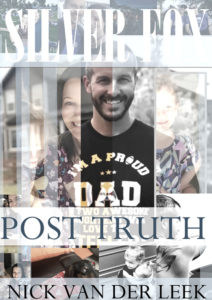
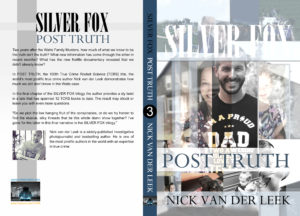

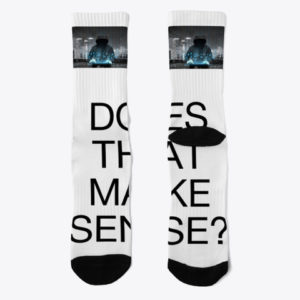

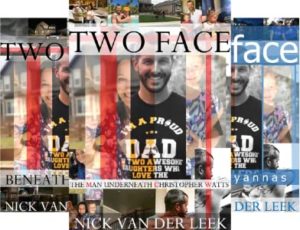



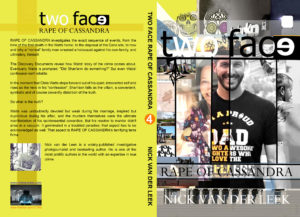
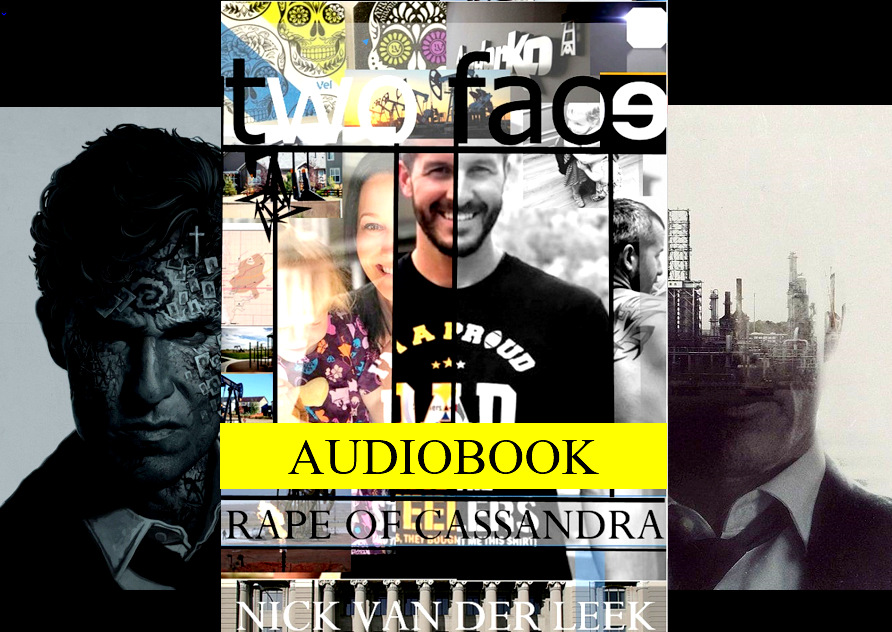
Recent Comments